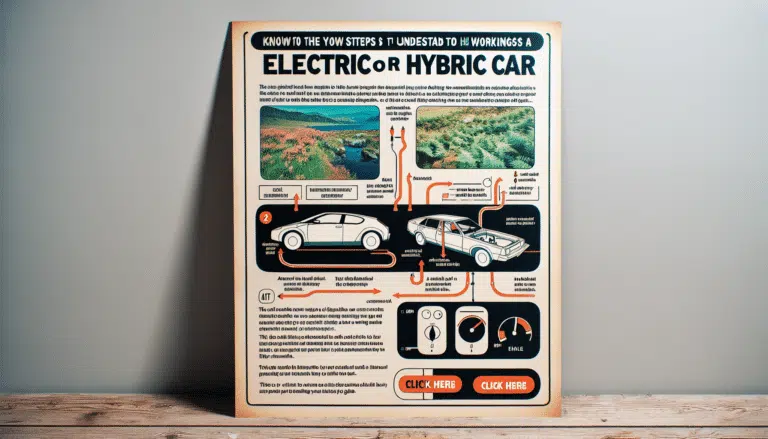How the condition of your tires affects fuel consumption

The condition of the tires of a vehicle has a significant impact on fuel consumption. When tires are worn out, have incorrect pressure, or are of an unsuitable type, they can create greater rolling resistance. This translates into an increase in gasoline consumption, affecting both the vehicle’s performance and the operational cost. Keeping the tires in optimal condition not only ensures safety on the road but also allows for maximum fuel efficiency.
The condition of the tires of a vehicle directly influences fuel consumption. Maintaining the tires in optimal condition can mean a significant reduction in gasoline expenditure, which not only benefits the driver’s wallet but also contributes to a more efficient use of energy resources. This article explores how pressure, wear, and the type of tires impact fuel performance.
Tire pressure and its relationship with fuel consumption
The pressure of the tires is one of the most critical factors affecting fuel consumption. A tire that does not have the correct pressure can cause an increase of up to 3% in fuel expenditure. When the tires are deflated, they create greater rolling resistance, forcing the engine to work harder. Therefore, it is essential to regularly check tire pressure and ensure that they are inflated according to the manufacturer’s specifications.
Tire wear and its consequences
Over time, tires wear out. This wear not only affects their grip and safety on the road, but it also impacts fuel consumption. According to studies, a poorly maintained tire can cause an increase in gas consumption of up to 50%. The more worn out they are, the greater the rolling resistance, resulting in higher fuel expenditure and, consequently, a greater environmental impact.
Inadequate tires and increased consumption?
Using inadequate tires can also be a cause of increased fuel consumption. There are different types of tires designed for various driving conditions, and choosing a type that does not meet the vehicle’s needs and the climatic conditions can be counterproductive. For example, winter tires in summer conditions could lead to uneven wear and greater energy consumption.
Lightweight tires and their effect on performance
The mass of the tire also plays an important role in fuel consumption. Lighter tires can reduce rolling resistance, allowing for more efficient fuel handling. By choosing tires that offer a low weight, it contributes to improving vehicle efficiency and optimizing engine performance.
Regular tire maintenance and fuel efficiency
Regular maintenance of the tires will not only ensure their durability but also guarantee that fuel consumption remains at optimal levels. This includes not only checking the pressure but also rotating the tires and aligning the vehicle. These simple actions can significantly improve fuel efficiency and ultimately reduce the total operation cost of the vehicle.
Conclusion
For more information on how the condition of tires and their maintenance can affect fuel consumption, articles like Effective tips to improve fuel efficiency in your vehicle and Mileage: secrets you didn’t know about your car’s consumption can be consulted. Make sure to take care of your tires for a more efficient and economical driving experience.
The impact of tire condition on fuel consumption
The condition of the tires of a vehicle plays a crucial role in fuel consumption. When tires are worn out or poorly maintained, their grip capacity is compromised, leading to an increase in rolling resistance. This additional resistance means that the engine must work harder to move the vehicle, resulting in higher fuel expenditure.
Moreover, tire pressure is a determining factor in fuel efficiency. Tires that do not have the correct pressure can increase consumption by 3% or more. This is especially important since maintaining the right pressure not only reduces fuel expenditure but also prolongs the tire’s lifespan and improves the vehicle’s safety.
On the other hand, excessively inflated tires can diminish grip and affect the car’s stability, which equally negatively impacts fuel efficiency. Finding a balance between the correct pressure and the good condition of the tires is key to optimizing vehicle performance.
It is important to recognize that the type of tire and its weight also influence fuel consumption. Lighter tires designed specifically for energy efficiency can significantly reduce the amount of fuel consumed compared to heavier or less efficient tires.
In summary, tire care and maintenance are essential not only for their durability but also for reducing fuel consumption. Well-maintained tires not only favor driving economy but also contribute to a more sustainable lifestyle by reducing harmful gas emissions.



